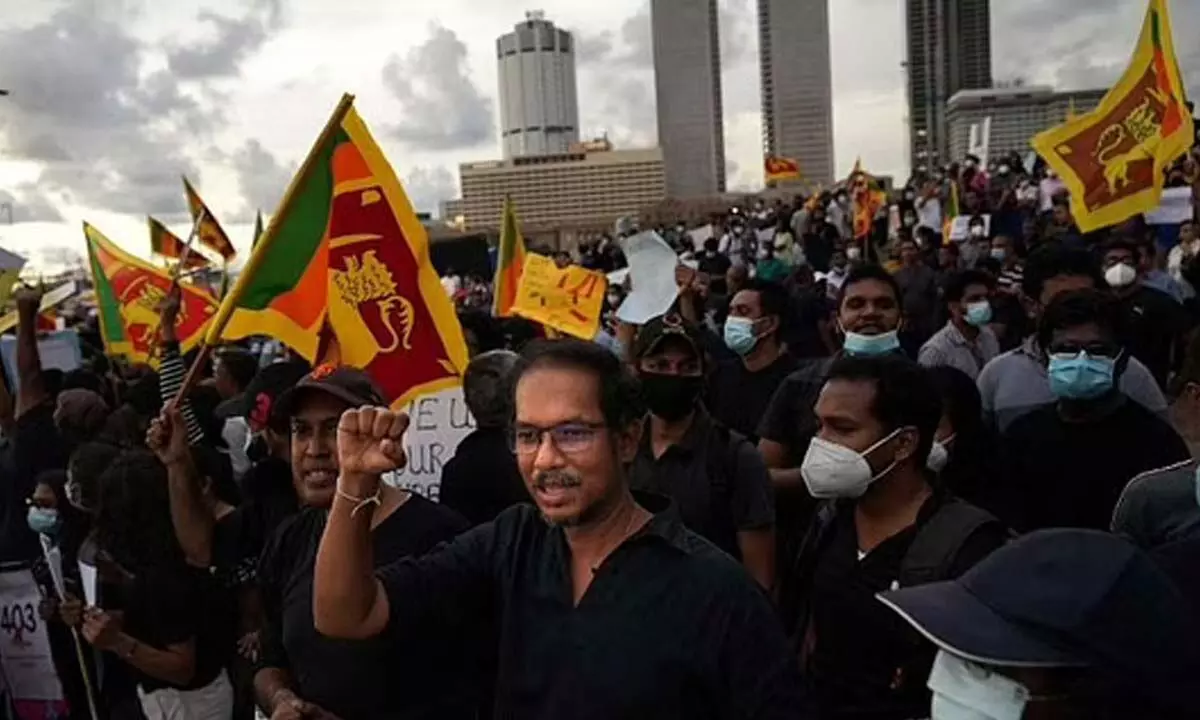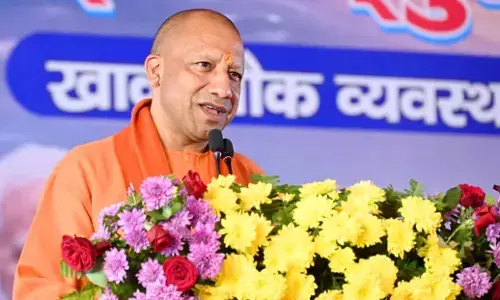Sri Lanka imposes nationwide curfew; deploys army in Colombo

Image used for representational purpose only
Curfew was imposed islandwide with immediate effect until further notice, a police spokesperson was quoted as saying by the local media.
COLOMBO: Sri Lankan authorities on Monday imposed a nationwide curfew and Army troops were deployed in the capital after pro-government groups attacked protesters outside embattled President Gotabaya Rajapaksa's office, leaving at least 23 people injured.
The violence occurred following reports that Mahinda Rajapaksa may offer to stand down as Prime Minister, as pressure mounted on the embattled government led by his younger brother and President Gotabaya Rajapaksa to form an interim administration to overcome the worst economic crisis facing the country.
Curfew was imposed islandwide with immediate effect until further notice, a police spokesperson was quoted as saying by the local media. A military contingent was deployed to the protest site to assist law enforcement.
The Rajapaksa brothers - President Gotabaya Rajapaksa and Prime Minister Mahinda Rajapaksa - have so far defied calls for their resignation.
In a special Cabinet meeting on Friday, President Gotabaya Rajapaksa declared a state of emergency with effect from Friday midnight.
This is the second time that an emergency was declared in Sri Lanka in just over a month as the island nation was in the grip of the worst economic crisis.
Sri Lanka is currently in the throes of unprecedented economic turmoil since its independence from Britain in 1948.
The crisis is caused in part by a lack of foreign currency, which has meant that the country cannot afford to pay for imports of staple foods and fuel, leading to acute shortages and very high prices.
Thousands of demonstrators have hit the streets across Sri Lanka since April 9, as the government ran out of money for vital imports; prices of essential commodities have skyrocketed and there are acute shortages in fuel, medicines and electricity supply.














